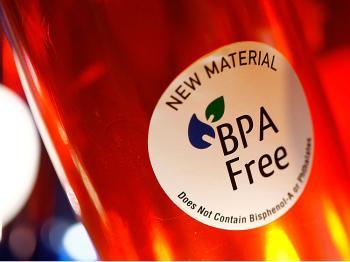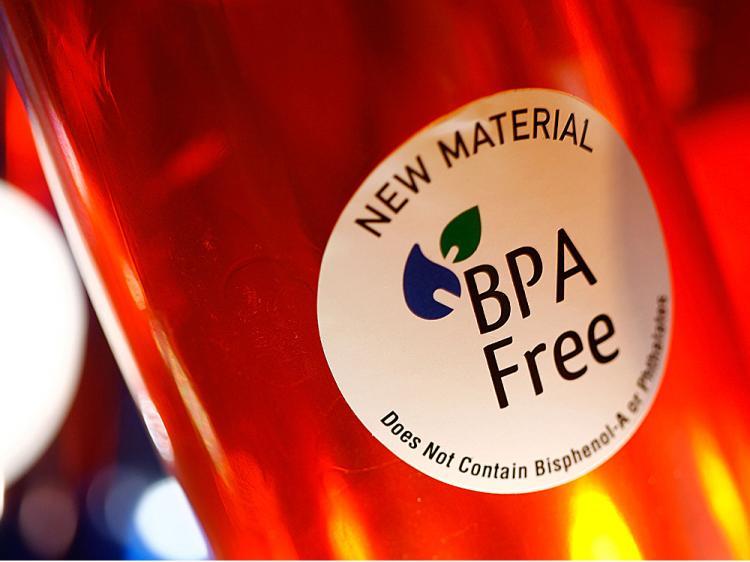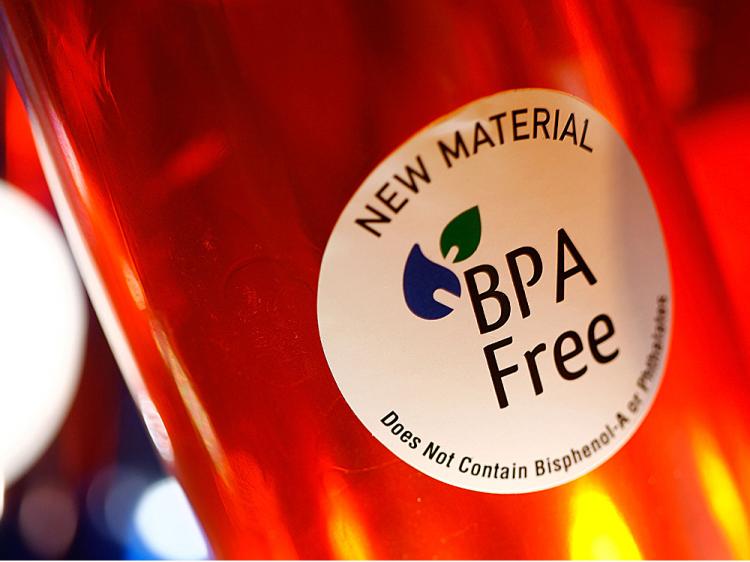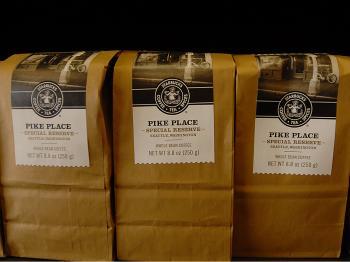National health organizations and state authorities are seeking restrictions on the potentially harmful chemical bisphenol A, used in hard plastic containers.
The recent study conducted by the National Toxicology Program, part of the U.S. National Institutes of Health, revealed that the toxic chemical bisphenol A—a synthetic hormone similar to estrogen, leaches from popular baby bottles and food containers when heated. A similar study on mice given bisphenol A on a regular basis resulted in precancerous tumors and early puberty when the animals were given low doses of the chemical.
“However, because these effects in animals occur at bisphenol A exposure levels similar to those experienced by humans, the possibility that bisphenol A may alter human development cannot be dismissed,” the study concludes, although the authors of the study admit that the report only provides limited evidence for adverse effects on human health.
The study also showed that when new bottles are heated, those manufactured by Avent, Evenflo, Dr. Brown’s and Disney/First Years discharged between 4.7 and 8.3 parts per billion of bisphenol A into the baby food.
The harmful toxin which can disrupt development in babies was found in bottles purchased at popular retail stores across the country in nine states including Babies “R” Us, CVS, Target, Toys “R” Us, Walgreens, and Wal-Mart. Several of these retailers discontinued baby products that contain bisphenol A.
Ninety-five percent of all baby bottles on the market are made with bisphenol A, according to the study.
The report has been opposed by chemical industry representatives who say that if used in small amounts, bisphenol A is not harmful and has been safely used for decades. An official of the U.S. Food and Drug Administration (FDA) said to Congress that the chemical is safe in its current application and that there is no reason for consumers to stop using products that contain the chemical.
Based on the results of the study, several state and national health organizations in the U.S. and Canada have called local authorities for an immediate ban on the use of bisphenol A used in hard polycarbonate plastics used to manufacture baby food and beverage containers.
The study results have been confirmed over time by other reports, however, making consumers anxious over the harmful effect of the bisphenol A products.
In response to the escalating reports of toxins in children’s products, California State Senator Carole Migden introduced a bill to “clean up” poisonous products sold in the State.
“I think manufacturers who make money should do all they can to make their products safe,” Migden said.
If the legislation proposed by Migden passes, California would become the first state that restricts the use of the chemical. Eleven other states in the U.S. have also toyed with the idea of forbidding bisphenol A.
Canada has made public its intention to ban the use of bisphenol A in baby bottles, and Canadian lawmakers are considering legislation to ban it in goods designed for children.





